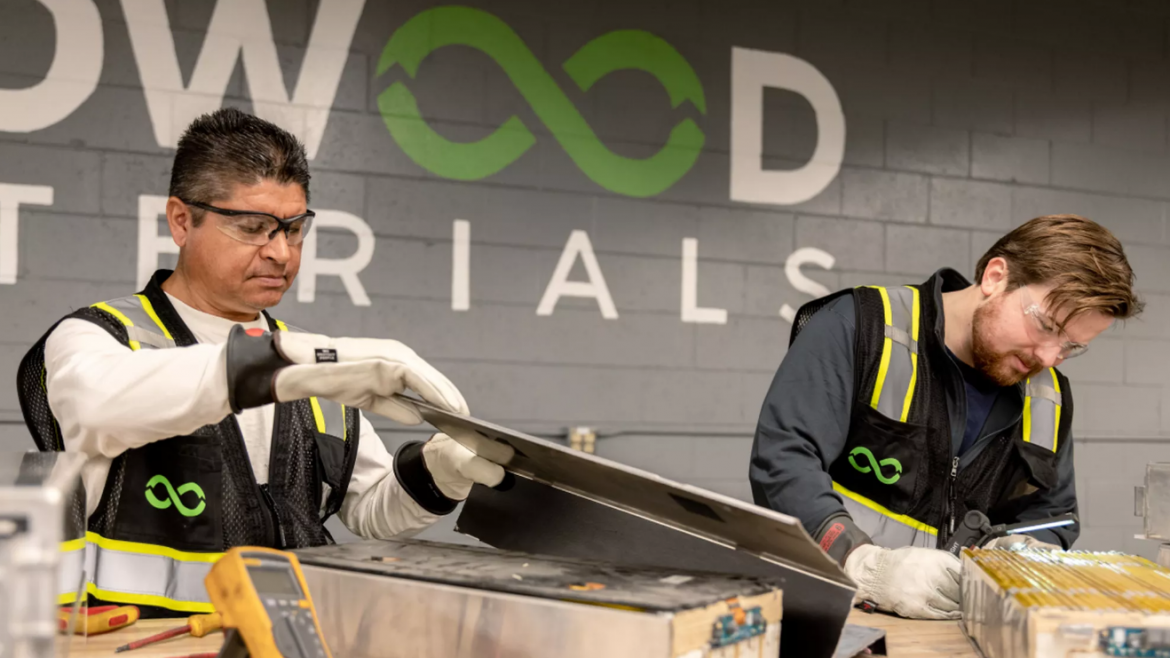Redwood Materials, a Nevada-based battery recycling leader, has secured a long-term contract with Toyota Motor for supplying recycled materials to its North Carolina electric vehicle (EV) battery facility, supporting Toyota’s sustainability initiatives.
Strategic partnership for sustainable EV batteries
In a strategic move towards sustainable EV battery production, Redwood Materials is set to remanufacture EV battery components using materials sourced from Toyota and recycled from end-of-life vehicles, predominantly hybrid models like the Prius. This collaboration aligns with both companies’ commitment to environmental responsibility and reducing the carbon footprint of electric vehicles.
Contract details and growth prospects
While specific details about the value and timeline of the agreement remain undisclosed, Redwood CEO J.B. Straubel, a Tesla co-founder, expressed optimism about the partnership’s long-term potential. The contract is expected to support Redwood’s expansion plans and cater to Toyota’s evolving needs as the Japanese automaker continues to grow its EV battery production capacity.
Closed-loop battery ecosystem for sustainability
Redwood Materials, founded in 2017 by Straubel, envisions a closed-loop battery ecosystem aimed at decreasing reliance on imported materials for EV production. The company’s strategy focuses on recycling and remanufacturing battery components to contribute to lowering EV costs and minimizing the environmental impact of battery production.
Expanding production capacity in the U.S.
With a goal to establish an annual battery component production capacity of 100 gigawatt-hours in the U.S., Redwood aims to supply components for over a million EVs annually. The company plans to fulfil Toyota’s needs from its existing facility in Sparks, Nevada, and eventually from a new USD 3.5 billion facility under construction near Charleston, South Carolina.
Contributing to Toyota’s sustainable practices
The agreement with Redwood Materials underlines Toyota’s dedication to sustainable practices in its global operations. By incorporating recycled materials into its EV battery production, Toyota aims to enhance the eco-friendliness of its vehicles and support the broader transition to sustainable mobility.
Building on previous recycling partnerships
Redwood has previously entered recycling agreements with major players like Panasonic, Volkswagen, and Ford. The company’s focus on remanufacturing cathode active material and anode foil using recycled resources aligns with the growing trend of regionalizing battery component production to benefit from U.S. incentives and reduce dependence on imports, particularly from China.
The collaboration between Redwood Materials and Toyota signifies a step forward in promoting a circular economy for EV batteries, fostering sustainability in the automotive industry and contributing to the broader goal of reducing environmental impact.



